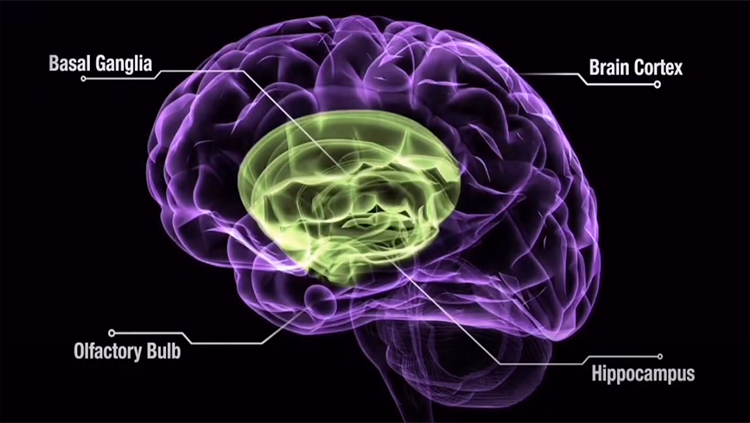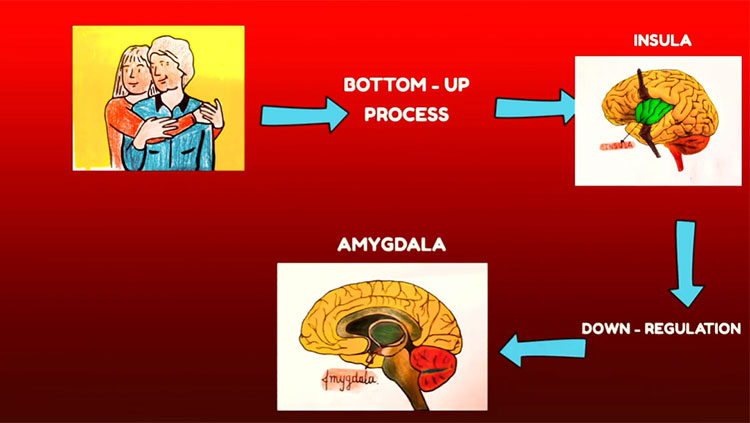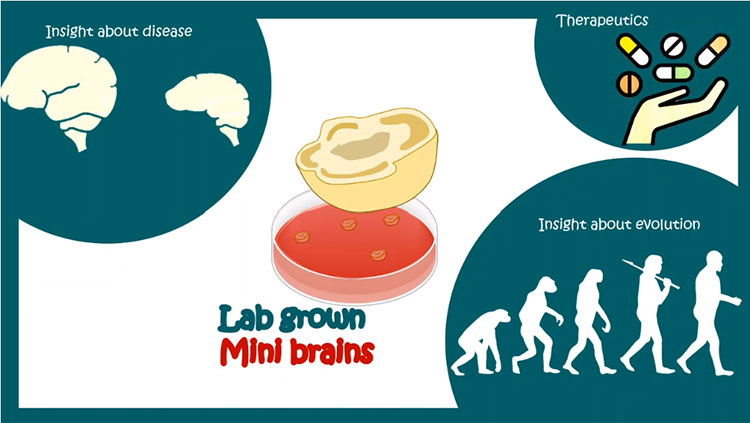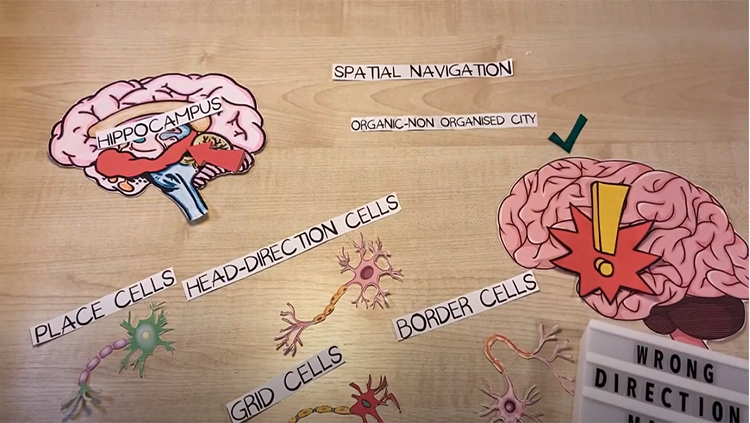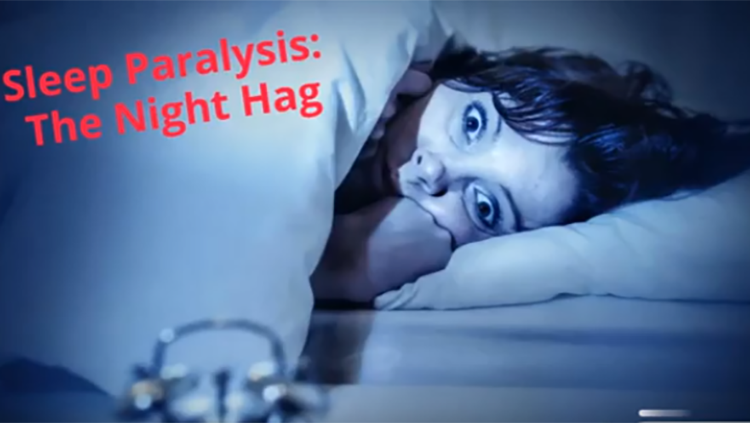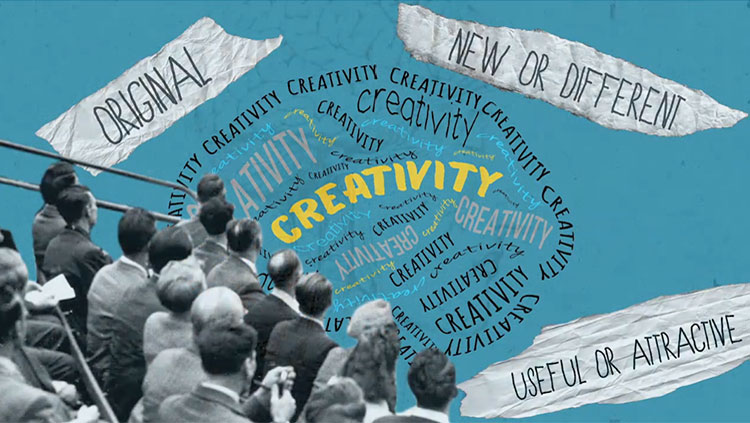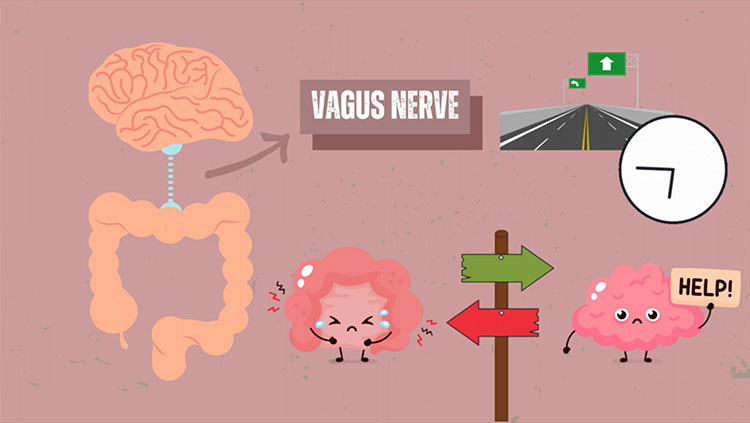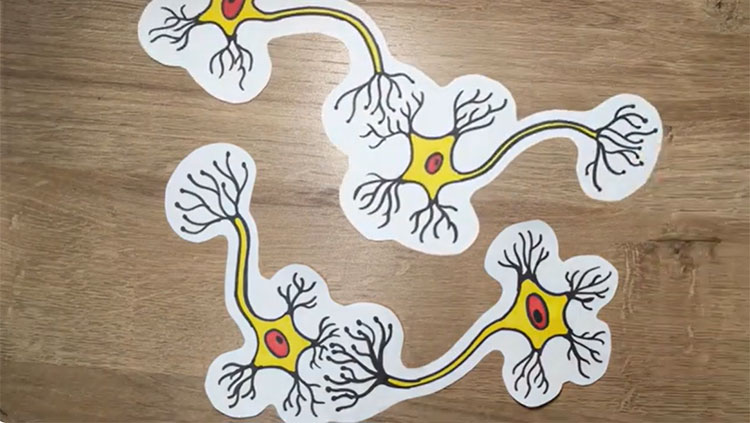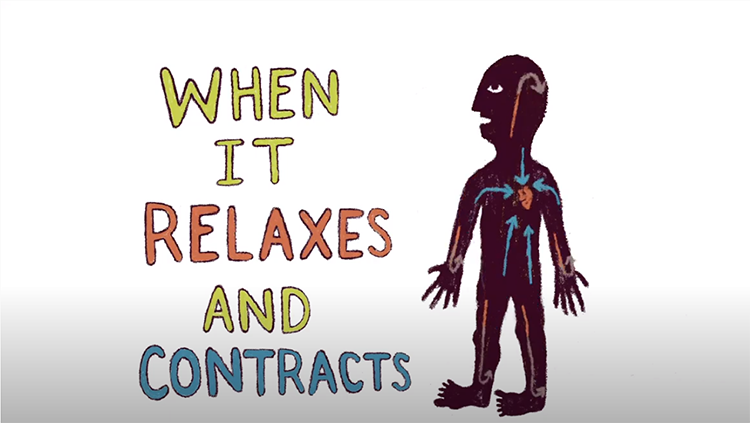Filter
-
(1)
-
(1)
-
-
(1)
-
(8)
-
(15)
-
(3)
-
(1)
-
(2)
-
(1)
-
(3)
-
(1)
-
(1)
-
(2)
-
(2)
-
(1)
-
(1)
-
(2)
-
(1)
-
(1)
-
(1)
-
-
(1)
-
(1)
-
-
(1)
-
(8)
-
(3)
-
(4)
-
(3)
-
(1)
-
-
(94)
-
(39)
-
(19)
-
(33)
-
(4)
-
(15)
-
-
(2)
-
(2)
-
-
(1)
-
(1)
-
-
(10)
-
(1)
-
(8)
-
(3)
-
-
(3)
-
(1)
-
(1)
-
(1)
-
-
(1)
-
(4)
-
(11)
-
(2)
-
(1)
-
(7)
-
(1)
-
-
(49)
-
(7)
-
(2)
-
(2)
-
(5)
-
(2)
-
(7)
-
(7)
-
(11)
-
(9)
-
-
(6)
-
(14)
-
(1)
-
(9)
-
(1)
-
(3)
-
(2)
-
-
(1)
-
(1)
-
(7)
-
(6)
-
(2)
-
(1)
-
(1)
-
-
(1)
-
(1)
-
-
(1)
-
(26)
-
(3)
-
(1)
-
(17)
-
-
(3)
-
(2)
-
(1)
-
-
(6)
-
(1)
-
(5)
-
(4)
-
-
(7)
-
(1)
-
(3)
-
(2)
-
(2)
-
-
(7)
-
(7)
-
-
(1)
-
(2)
-
(2)
-
(1)
-
(1)
-
-
(4)
-
(2)
-
(1)
-
(2)
-
-
(5)
-
(1)
-
(4)
-
-
(35)
-
(8)
-
(2)
-
(1)
-
(7)
-
(11)
-
-
(1)
-
(1)
-
(1)
-
-
(5)
-
(8)
-
(6)
-
(3)
-
-
(1)
-
(1)
-
-
(2)
-
(2)
-
-
(3)
-
(1)
-
(3)
-
-
(8)
-
(4)
-
(3)
-
(2)
-
(6)
-
(1)
-
-
(2)
-
(1)
-
(1)
-
-
(29)
-
(9)
-
(7)
-
(4)
-
(2)
-
(12)
-
-
(162)
-
(1)
-
(10)
-
(4)
-
(25)
-
(29)
-
(13)
-
(10)
-
(26)
-
(2)
-
(22)
-
(6)
-
(15)
-
(9)
-
(8)
-
(68)
-
(9)
-
(30)
-
-
(13)
-
(1)
-
(3)
-
(1)
-
(4)
-
(1)
-
(4)
-
(1)
-
-
(6)
-
(6)
-
-
(5)
-
(2)
-
(214)
-
(178)
-
(13)
-
(7)
-
(5)
-
(1)
-
(19)
-
(10)
-
(24)
-
(6)
-
(178)
51 - 60 of 231 results
-
Playing a musical instrument is the brain equivalent of a full-body workout.
-
Touch can have a calming effect on the brain, thanks to its regulating effect on the amygdala.
-
Cerebral organoids, or mini brains, are grown to mimic molecular aspects of brain development, helping us understand brain cell formation and function.
-
Spatial navigation hinges on four types of neurons in the hippocampus.
-
Rhythms drive music-playing and dancing as well as speaking and walking.
-
The terrifying experience is not paranormal activity but a common neurological phenomenon.
-
The product of creativity tends to depend on our passion, will, and the environment that surrounds us.
-
Your brain has a powerful connection to the vast neuronal network in your gut via the vagus nerve. This ties your digestive tract to mood, cognition, and brain physiology, so researchers are interested in the microbiome as a therapeutic target for mental health and more.
-
Learning things can be hard work, but your brain is up to the challenge. Understanding the processes involved in learning can be key to doing it with ease.
-
Contrary to popular depictions, love resides in the brain — not the heart.


